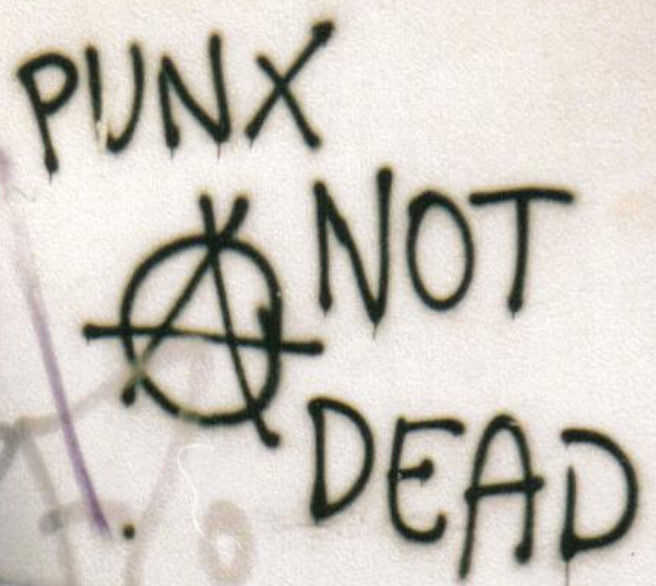Anarchy in the body corporate
- Mark Geoghegan

- Oct 16, 2019
- 3 min read
Updated: Dec 2, 2019

Everyone in senior management is talking about culture these days.
When was it that we all decided to become amateur insurance anthropologists and psychologists?
When was it that we all enrolled on sociology modules?
It is hard to pinpoint the exact moment when it changed, but a major transformation has happened over the last 25 years. It has been an incremental process.
Twenty-five years ago the idea of business leaders talking about the way their organisations did things with as much passion as the specific day-to-day activities and processes that they undertook would have been completely alien.
It would have been dismissed as the sort of thing that the frivolous people who didn’t wear suits and ties and worked at advertising agencies would talk about. Such people were seen as slaves to fads and fashion and not serious.
They could easily be ignored.
But let there be no doubt – the trendy progressives were absolutely right and the conservatives in financial services were completely wrong.
Our slow path to change has been a good thing that was long, long overdue.
Of course, now we find we are about 25 years behind the times and have a serious amount of catching up to do.
But as we come out of denial about our cultural inadequacies and begin to address our problems there is one thing that is really bothering me.
Let me explain.
At the same time that our slow cultural awakening has been taking place the cultures in our biggest businesses have in fact become more prescriptive and less diverse.
Everyone who works at a business with a turnover over $100m knows exactly what I am talking about:
Increased risk aversion bordering on fear as a dominant reason for action (or usually inaction); the writing of papers and the forming of groups and committees instead of the making of quick decisions; the hiring lots of people whose precise role and purpose is not very clear.
The list goes on.
As firms have grown and acquired they have sought to impose a unified culture on the diverse global businesses that they have constructed.
This is perfectly understandable – the early forms of the global businesses were a menagerie of curiosities collected by their owners. They were not quite the sum of their parts and were certainly not at all cohesive and coherent as global units.
The global insurance pioneers were a bit like Charles Darwin circumnavigating the world onboard the Beagle, feverishly grabbing samples and making sketches of anything interesting.
It was only when he got back to London that he could decompress and try and make sense of the crazy ensemble he had amassed. He turned his eclectic mix into a unifying theory of evolution and the rest is history.
In the same way it took a long time for the newly-formed global entities compiled from hundreds of diverse and disjointed acquisitions to forge common identities and purposes for themselves.
But this leads to the strange situation I am talking about.
Global entities with strong, centralised universal identities and set ways of doing things are collectively recognising that they need to embrace diversity and inclusivity in everything that they do if they are to continue to adapt and prosper in a fast-changing world.
The question is – can big corporate beasts really corporatise diversity and inclusion?
Is this an oxymoron?
For what does it serve a business if it builds clever new ways of bringing different types of people with diverse skills and mindsets into the firm if once inside the new staff realise immediately that it is impossible to change the way the company does things?
What if the brightest and most brilliant hires discover a frustrating place where the most revolutionary ideas never get declined outright but become buried in the well-meaning but slow-moving treacle of corporate bureaucracy?
This is the real leadership challenge of our times.
How do we become a little more anarchic, but without reverting to anarchy?
The leaders who crack this conundrum are going to clean up in the next 25 years.
The ones who don’t are going to be tomorrow’s corporate fossils, artefacts and curious samples, floating in jars of metaphorical formaldehyde.



I’ve noticed a lot of chaos and confusion can happen in body corporates when rules are ignored or leadership is weak. It reminds me how important it is to have Expert Wikipedia Editors UAE who ensure accuracy and order in online content. Just like good governance prevents anarchy in businesses, expert editors help keep Wikipedia pages clear, reliable, and trustworthy.